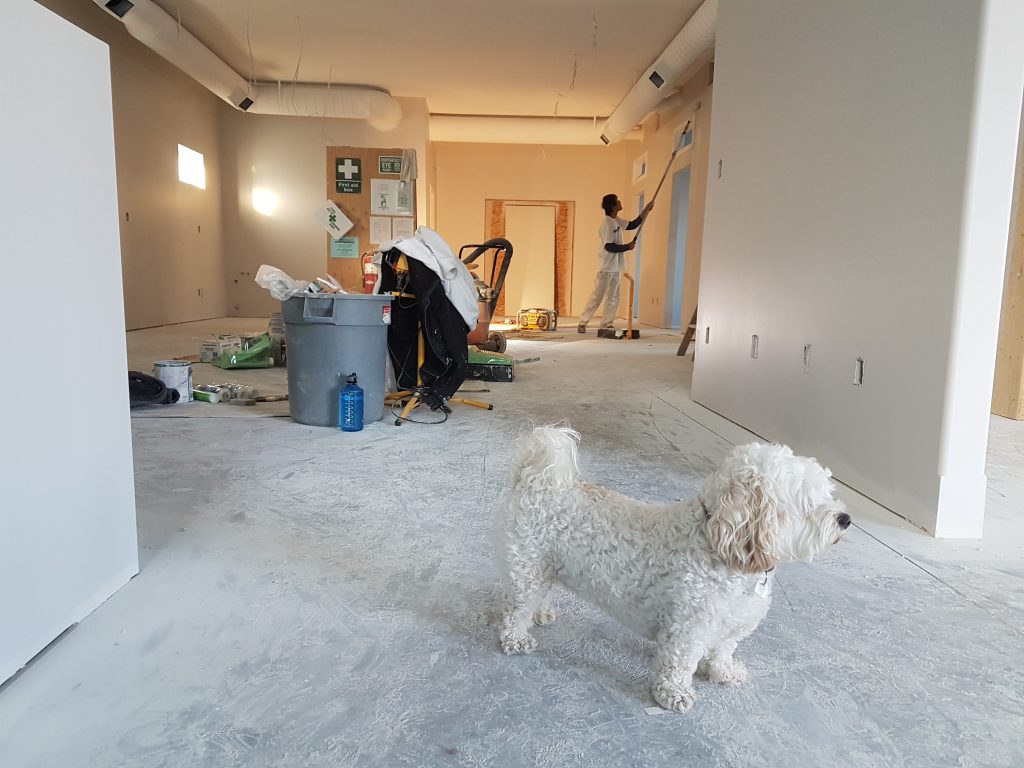English is a confusing language indeed. And spelling seems to be a minor thing but believe it or not, it’s one of the most problematic issues we deal with. Bad spelling can put a dent in your reputation, especially in the workplace.
In a survey conducted by TopResume in 2018, 79% of recruiters and human resource managers said that spelling and grammatical mistakes are the biggest causes of rejections in job applications.
We listed some of the most commonly misspelled words in English, along with their common misspellings to get them right the next time.
“Accommodate”
Common Misspellings: acommodate, accomodate
Meaning: provide lodging or sufficient space for, fit in with the wishes or needs of
Sample Sentence: The cabins accommodate up to 6 people.
Sample Dialogue:
A: I’m going on a trip this long weekend.
B: Oh, where are you going?
A: To the beach. I’m going to rent a cottage.
B: Isn’t that too big for you?
A: There are actually five of us and the cottage can accommodate six people.
B: I see. Enjoy!
TIP: Try to remember that there are two sets of double letters: cc and mm.

“Absence”
Common Misspellings: absense, abscense
Meaning: the state of being away from a place or person
Sample Sentence: The letter had arrived during his absence.
Sample Dialogue:
A: Where is John?
B: He’s not here yet.
A: Will he not attend today’s lessons again?
B: I’m not sure but his absence is alarming. He has been absent for four days now.
A: I know. I think we better pay him a visit this afternoon.
B: I think that’s a great idea.

“Occasion”
Common Misspellings: Occassion, Ocassion
Meaning: a particular time or instance of an event
Sample Sentence: On one occasion, I stayed up until two in the morning.
Sample Dialogue:
A: How was your trip to Denmark, Australia?
B: I had a good time. I attended my friend’s forest wedding.
A: That sounds unique.
B: Yeah, the couple reserved a cottages resort there which is near the woods and the sea.
A: It sounds like the wedding was a very grand vacation.
B: It was but what I love the most was how solemn the ceremony is.

- Entrepreneur
Common Misspellings: Entrepeneur, Entreprenur, Entreperneur
Meaning: a person who organizes and operates a business or businesses, taking on greater than normal financial risks in order to do so:
Sample Sentence: Many entrepreneurs see potential in this market.
Sample Dialogue:
A: Good morning, I’m David Smith.
B: I am Karen Williams. Nice to meet you, Mr. Smith.
A: Please, just call me David.
B: Sure. So, what do you do?”
A: I’m an entrepreneur.
B: Oh, and what kind of business do you run?

Privilege
Common Misspellings: privelege, priviledge
Meaning: a special right, advantage, or immunity granted or available only to a particular person or group
Sample Sentence: Education is a right, not a privilege.
Sample Dialogue:
A: The concert was a blast.
B: If my memory serves me right, you bought the VIP ticket, right?
A: I did.
B: So, what’s the difference between the VIP ticket and the other kinds of tickets.
A: I was placed nearest to the stage. There was a lot of merchandise that they have given me for free. On top of that, I was given the privilege to meet my favorite singer and ask for his autograph.
B: That sounds nice but I’m guessing it also cost you an arm and a leg.
A: It did but I have no regrets spending that much for such an experience.

“Recommend”
Common Misspellings: recomend, reccommend
Meaning: put forward (someone or something) with approval as being suitable for a particular purpose or role
Sample Sentence: George had recommended some local architects.
Sample Dialogue:
A: I’m planning to have my place renovated.
B: Oh, is there something wrong with your home?
A: I just feel tired of the same sight for years. I just need a change of view. But I’m not sure what interior design I want. I should have thought of it first before the renovation.
A: If you want, I can recommend an interior designer I know.
B: That would be very helpful. Thank you.

Separate
Common Misspellings: seperate,
Meaning: cause to move or be apart:
Sample Sentence: Both owners were trying to separate the dogs.
Sample Dialogue:
A: Thank you for volunteering.
B: No problem. This is the only thing I can do to help the victims of the typhoon.
A: You really have a heart of gold.
B: So, what should I do?
A: We are currently sorting out the donations in kind. You need to separate the donated clothes to men’s, women’s, and kids’.
B: Alright. That would be a piece of cake.

